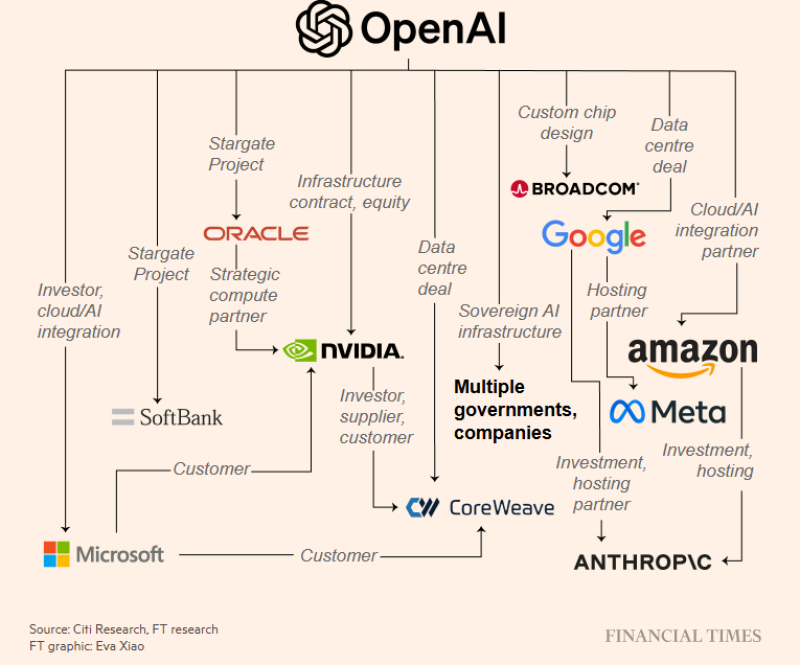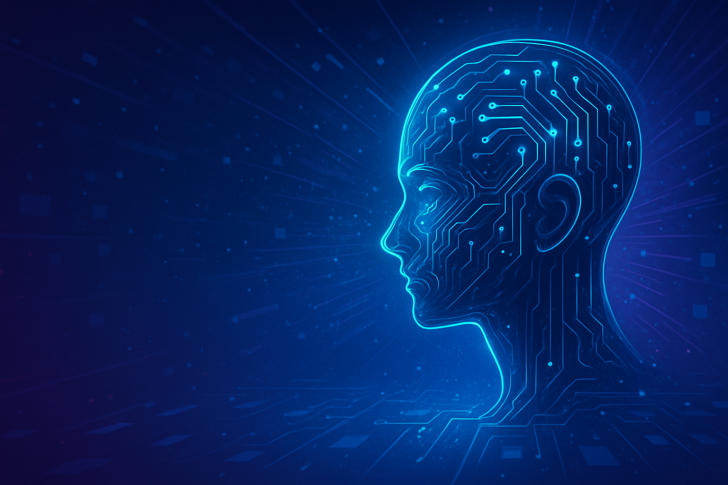Artificial intelligence has shifted from academic labs to the heart of the global economy, and OpenAI sits at the center of this transformation. What began as a modest nonprofit research initiative has exploded into a $500 billion powerhouse, backed by the world's most influential tech companies, investors, and even national governments. A recent visualization by The Kobeissi Letter revealed just how deeply embedded OpenAI has become in global infrastructure, connecting players from Microsoft and Nvidia to Amazon, Meta, and beyond.
Who's Behind OpenAI's Rise?

OpenAI's growth relies on an unusually diverse coalition of partners, each playing a distinct role:
- Microsoft – Lead investor, cloud infrastructure provider, and primary enterprise customer
- Nvidia – Investor and GPU supplier powering AI model training
- Oracle – Strategic compute partner through the Stargate Project
- SoftBank – Investor and customer
- Amazon & Meta – Investment, cloud hosting, and infrastructure support
- Google & Broadcom – Hosting services, infrastructure, and chip design collaboration
- CoreWeave – Data center and infrastructure partnership
- Governments – Developing "sovereign AI infrastructure" initiatives
Why This Network Matters
These partnerships aren't just about funding. Scaling cutting-edge AI models demands massive compute resources, specialized hardware, and global distribution channels. Microsoft, Amazon, and Google provide instant access to billions of users worldwide. Meanwhile, the concept of "sovereign AI infrastructure" suggests governments are either becoming dependent on OpenAI's technology or actively competing with it, raising serious questions about regulation, control, and national security.
The Half-Trillion-Dollar Dilemma
OpenAI's $500 billion valuation puts it among the planet's most valuable companies, yet it operates under a nonprofit parent structure. This creates tension: Can an organization with a public mission balance that purpose against the commercial interests of its partners? How will regulators respond as OpenAI consolidates power across hardware, cloud platforms, and government contracts? And what happens if a major partner like Microsoft, Nvidia, or Amazon pushes for greater influence?
 Peter Smith
Peter Smith

 Peter Smith
Peter Smith


